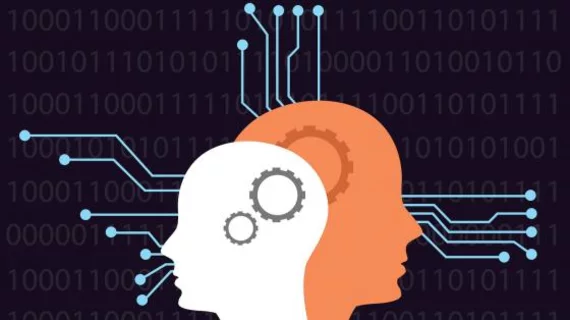Florida university receives $650K grant to create AI, deep learning lab
The National Science Foundation (NSF) has awarded a $652,820 grant to Florida Atlantic University’s (FAU) College of Engineering and Computer Science to establish the Artificial Intelligence and Deep Learning Training and Research Laboratory.
The project is a collaboration with researchers from FAU’s Schmidt College of Medicine and Harbor Branch Oceanographic Institute. The laboratory—which will be shared across multiple FAU campuses and research disciplines—will be a part of an effort to advance the university’s role in AI and deep-learning-based intelligent information analysis.
"Our laboratory aims to close this gap and support computational intensive tasks in numerous domains and provide a great opportunity for investigators to address some of the most difficult challenges in their domains and significantly advance research in their fields," Xingquan (Hill) Zhu, PhD, grant principal investigator and a professor in FAU's Department of Computer and Electrical Engineering and Computer Science, said in a prepared statement.
AI and deep learning are fast evolving and making significant strides to transform several industries, including healthcare and life sciences, according to the university. Though the technology is quickly improving, engineering researchers in health and biomedical sciences don’t often receive sufficient training in using the best AI and deep-learning approaches.
The university is hoping to change that with the new laboratory. Infrastructure features at the lab will include: a graphics processing unit (GPU) cluster, 18 GPU services, 72 Nvidia Tesla-V-100 GPU cards and a 38.4 Terabyte flash memory service, according to a press release.
“This important National Science Foundation grant will enable us to create an infrastructure for a deep learning platform for health, web services, biomedicine and ocean research as well as other related domains at Florida Atlantic University,” Stella Batalama, PhD, dean of FAU’s College of Engineering and Computer Science, said in a statement.
“This laboratory will provide a training hub for our university and industry partners to work closely on advancing artificial intelligence applications to stimulate South Florida’s technical innovations and task force development, which will ultimately benefit economic growth in this region.”
The grant is being funded through the NSF’s Major Research Instrumentation (MRI) program, which aims to increase access to multi-user scientific and engineering instrumentation for research and research training to higher education institutions and non-profit scientific/engineering research organizations in the United States.
The laboratory will be the first NSF-funded MRI AI and deep learning lab in the state of Florida.

